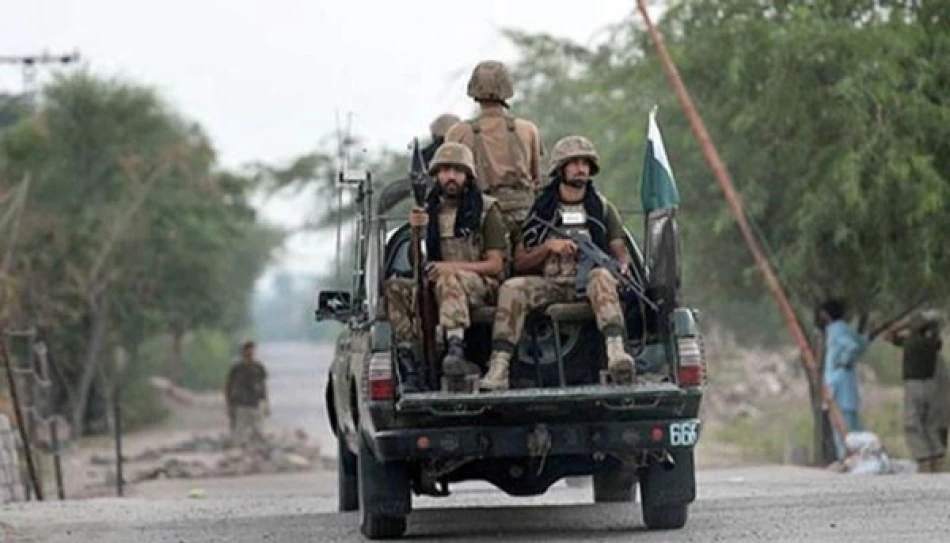
12 Pakistani Soldiers Killed in Ambush Attack
Pakistan's Border Security Crisis Deepens as Taliban-Style Ambush Claims 12 Soldiers
A deadly ambush in Pakistan's volatile tribal borderlands has killed 12 soldiers and 13 militants, highlighting the country's deteriorating security situation along its porous Afghan frontier. The Saturday morning attack in South Waziristan's mountainous Badr region underscores how Pakistan's military remains vulnerable to insurgent tactics despite years of counterterrorism operations in the area.
The Attack: Familiar Tactics in Dangerous Territory
The military convoy was traveling through South Waziristan when militants opened fire from concealed positions, triggering what Pakistani army officials described as an "intense firefight." The ambush occurred in the Badr area, a mountainous region that has long served as a corridor for militant movement between Pakistan and Afghanistan.
Helicopter gunships circled the area for hours after the early morning attack, evacuating wounded soldiers and hunting for surviving attackers. At least four additional personnel were reported injured in the clash.
A Region Under Siege
South Waziristan represents one of Pakistan's most challenging security environments. Despite routine curfews and road clearance operations that typically precede military movements, insurgents continue to exploit the terrain's natural advantages and their intimate knowledge of local geography.
The area has been a focal point of Pakistan's war against militancy since 2004, when the military first launched operations against Taliban and Al-Qaeda elements who had established strongholds in the tribal areas following the U.S. invasion of Afghanistan.
Afghanistan's Shadow Over Pakistan's Security
The timing and location of this attack reflect broader regional dynamics that have shifted dramatically since the Taliban's return to power in Afghanistan in 2021. Pakistani officials have repeatedly expressed concerns that Afghan territory is being used as a launching pad for attacks against Pakistani forces, straining relations between Islamabad and Kabul.
Unlike the relatively stable border management seen in regions like the UAE-Oman frontier or the Singapore-Malaysia crossing, the Pakistan-Afghanistan border remains largely porous, with tribal affiliations often transcending national boundaries.
Strategic Implications for Pakistan's Military
For Pakistan's military establishment, incidents like Saturday's ambush represent more than tactical setbacks—they signal the persistence of insurgent capabilities despite two decades of counterterrorism efforts. The fact that militants could successfully target a military convoy in an area where security protocols are supposedly robust raises questions about intelligence gathering and operational security.
The casualty ratio—12 soldiers versus 13 militants—suggests Pakistani forces responded effectively once engaged, but the initial success of the ambush indicates continued vulnerabilities in convoy protection and route security.
Economic and Political Ramifications
Continued instability in Pakistan's tribal regions carries significant economic costs, deterring investment and development in areas that already lag behind the country's urban centers. For a nation grappling with economic challenges and seeking international investment, persistent security incidents in border regions complicate efforts to project stability and governance capacity.
The incident also reinforces Pakistan's position as a country where military resources must be continuously diverted from development and modernization toward internal security operations—a dynamic that has shaped Pakistani politics and economics for decades.
Most Viewed News

 Layla Al Mansoori
Layla Al Mansoori






